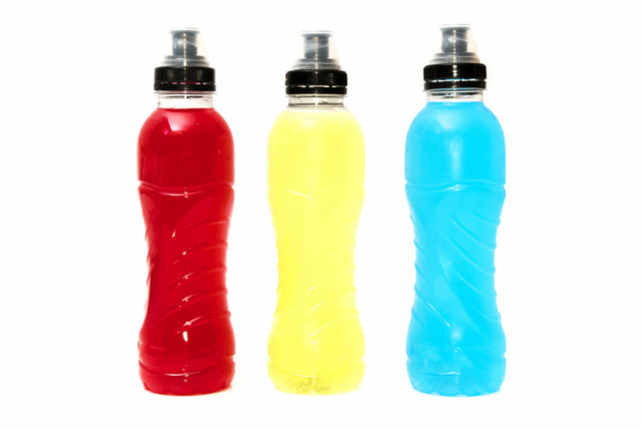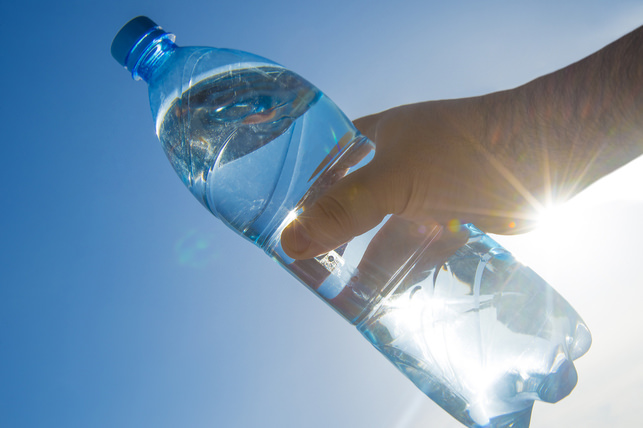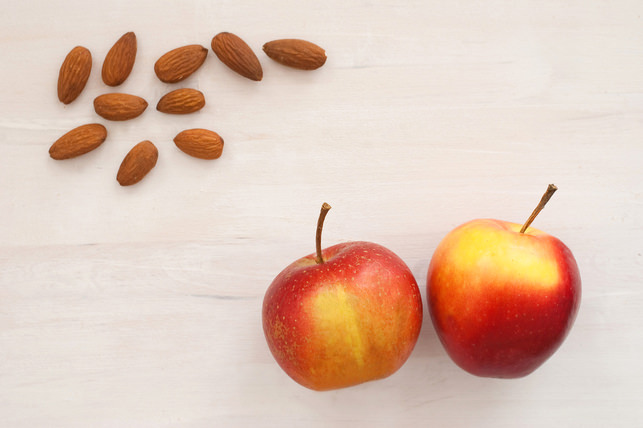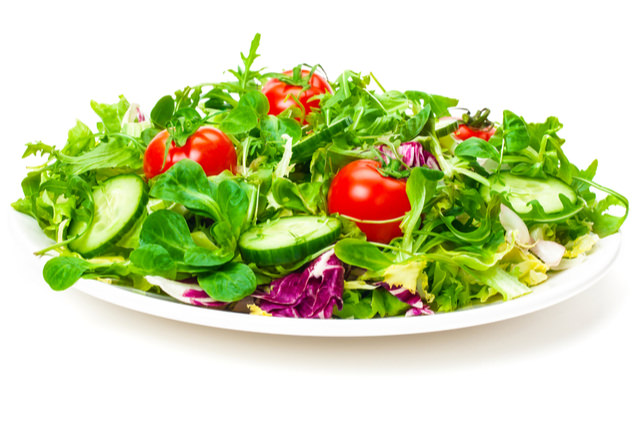Parent’s Guide to Dental Visits with Less Stress
August 16th, 2018
Getting your child excited about visiting the dentist can be tough, and many children feel stressed about visiting for the first time. Here’s how parents can help their children be excited for their first dental visit.
Show Your Child the Office Online
Before you take your child into a dentist’s office for the first time, take a few minutes to go through photos of the practice with them. This can help them better understand what to expect, and get them excited about their visit.
Schedule a Stress-Free First Visit
Kids can be very nervous to visit the doctor or dentist for the first time. Pediatric dentists know this, which is why most offer relaxed “meet and greets” for their first office visit. The first visit gives you a chance to gauge how your child responds to the new surroundings, and gives them a chance to enjoy the office without sitting in the dentist’s chair.
Bring a Comfort Toy
Soft, comfortable toys or blankets can work wonders for young children that are anxious about their first visit. If your child has a toy that makes them feel more comfortable, then bring it along on your trip to the pediatric dentist’s office. A small piece of home can help your child feel more comfortable while they are at the dentist’s office.
Encourage Positive Oral Health Routines at Home
One of the best ways to quell dental-visit stress is by establishing healthy oral care routines at home before their visit. This will help familiarize your child with brushing their teeth, and get them comfortable with the idea of oral healthcare.
Use Encouraging Language
Before visiting the dentist, be sure to ease your child’s stress by reminding them how fun and positive a dental visit is. Tell them about how you enjoy getting your teeth cleaned at the dentist, and how much you appreciate your dentist helping your teeth.
Establish a Dental Home by Their First Birthday
One of the best ways to eradicate dental-visit anxiety is by finding a dental home for your child before their first birthday. Introducing your child to their dentist early can get them more comfortable with oral health, and gives you an early leg up on helping them grow healthy baby teeth.
Visit Our Office
We would love to speak with you about your child and their dental needs. We see children of all ages, so call us and schedule an office tour! We want to make visiting the dentist fun, so stop by and see why pediatric dentistry is the way to go for your children!





